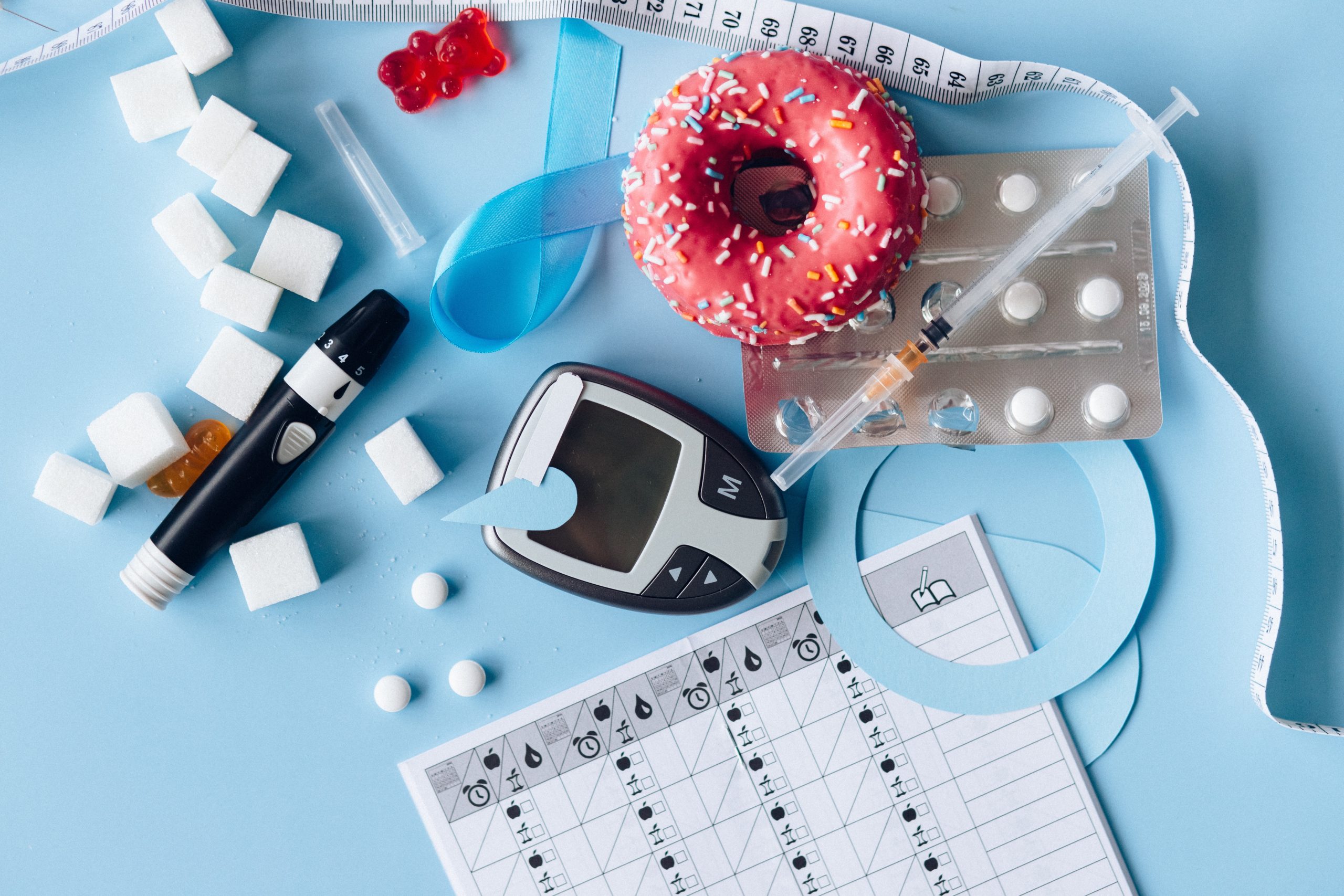What is Diabetes?
Diabetes also called diabetes mellitus, affects hundreds of thousands of adults worldwide. Diabetes occurs when your body no longer uses or produces insulin. An adequate level of Insulin is required in your body to turn sugar into a form of energy your body needs. If your body stops producing insulin, sugar will increase in your bloodstream which may lead to several health problems and even death in some cases.
What are the Symptoms of Diabetes?
More than 1/3 of the people who’ve diabetes is unaware that they may have diabetes. This is because the symptoms are often ignored as common day-to-day problems. Therefore, it’s crucial to have regular health checkups. Though diabetes can affect young people, people above 40 years of age should get them tested at regular intervals.
Let us look at a few of the common symptoms related to diabetes that is often ignored:
- Frequent Urination at Regular Intervals Daily
- Increased in Appetite or Low Appetite
- Frequent Urge to Drink any Fluid or Thirst
- Dryness in Mouth, Infections and Blurred Vision
- Frequent Numbness or Tingling to your Hands and Feet
- Dark changes in the skin around your neck,
- Armpit or Groin Itching
How Does Diabetes Affect Wound Healing Process?
Simple wounds can change into something critical in diabetic patients. Diabetes can create a wound healing situation that is extremely slow to heal, which leaves wounds more at risk of bacterial infection. If you are diabetic check your body very carefully for any unhealing wound or cut.
Here are some of the ways by which diabetes affect the wound healing process:
1. Neuropathy – High levels of sugar can affect your nerve cells. Over a period, a diabetic patient can lose sensation in their hands and feet. This may lead to patients developing a wound in their hands and feet but would be completely unaware of it.
2. High Blood Sugar Level – When sugar levels are high in your bloodstream vitamins and oxygen are impaired from being delivered to cells. This causes inflammation in those cells. A person with diabetes heals slowly if they have a very high blood sugar level.
3. Immune System Deficiency – Important cells that are required to heal wounds are reduced in a diabetic patient. Naturally, this makes the recovery process slower, or in extreme cases, simply unattainable.
4. Reduced Blood Flow – Diabetes restricts the flow of blood in your body in three ways. First, by increasing the glucose levels. Second, the high level of sugar in your bloodstream thickens, making it move slower. Third, it narrows your blood vessels, further limiting the blood flow in the body.
5. Infection – Diabetes compromises your immune system thereby reducing the body’s ability to fight off any infection or diseases.
How Compounding Diabetic Medication Help in Wound Care?
Diabetic medication can extend the life of the diabetic patient and help with diabetic wound care. The main challenge for the patient is taking several kinds of medication every day, remembering when to take it, how much to take, and the time of day to take it.
At Vios, our compounding pharmacist can mix all the medications together in a prescription and make specialized compounding medication for diabetic patients. There are several compounded medications to aid wound healing.
Here are the most common diabetic wound care medications:
- Phenytoin
- Misoprostol
- Nifedipine
- Lidocaine
- Metronidazole
- Pentoxifylline
By compounding these medications, the diabetic patient can do away with taking several pills at several intervals in a day and get the desired result without facing any side effects. There is also many pain management compounding medication available to treat any pain or discomfort arising out of diabetes.






Very nice write-up. I definitely appreciate this site. Thanks!